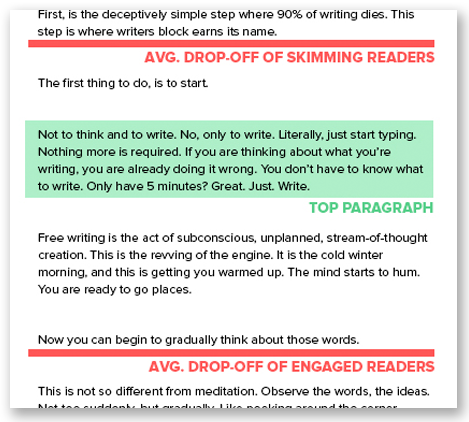As a #1 ranked incubator globally, DMZ has a lot to offer, and we pride ourselves on not only talking the talk but also walking the walk. We support the most promising and high-impact tech entrepreneurs who have what it takes to scale their businesses. But don’t get it twisted; we know it takes two to tango.
That’s why startups that join DMZ’s Incubator receive world-class programming and services. To us, that means real, tangible support.
To start, startups accepted into our Incubator program receive a $10,000 entry grant to help kick-start their journey with us. While we know $10,000 can help with product development, a targeted marketing campaign, training and development or new infrastructure, we can also appreciate that $10,000 is a drop in the bucket.
Beyond DMZ’s entry grant, startups receive personalized support with customer acquisition and fundraising, unlimited 1 on 1 coaching sessions from our Experts-in-Residence, pro-bono professional services, exclusive pitch competitions, access to the Student Work Placement Program, grant research and writing, startup perks and discounts valued at over $1 million, help with SR&ED tax incentives, free financial plan model custom built by a CFO, free UX design support, 24/7 office space and full-service amenities… the list goes on and on.
So, how do all these program perks support startups with expenses, and —more importantly — how have they empowered startups to level up? We thought you’d never ask.
Here are just a few ways DMZ’s Incubator can help your startup’s bottom line.
Explore new markets without breaking the bank.
Building a thriving business requires startups to go global, and DMZ helps founders cover travel costs for opportunities abroad through Mitacs Entrepreneur International. We’re committed to inspiring our founders to explore untapped markets and have been thrilled to see founders delve into opportunities abroad.
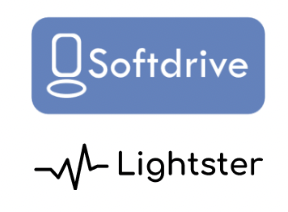 SoftDrive (Incubator ‘22) received $15,000 to travel to London, New York City, Japan and San Francisco to tap into international markets, meet with VCs, secure customers and attend global conferences.
SoftDrive (Incubator ‘22) received $15,000 to travel to London, New York City, Japan and San Francisco to tap into international markets, meet with VCs, secure customers and attend global conferences.
Lightster (Incubator ‘23) received $5,000 to travel to London to attend Techspo London and successfully secured a sales-qualified lead.
Fuel your research and level up your product.
Strengthen your startup’s innovation capabilities through the Mitacs Business Strategy Internship. As a Mitacs partner, DMZ supports founders with the program to harness cutting-edge research to commercialize new products and gain a competitive edge in the market.
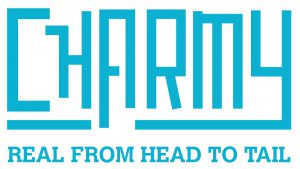 Charmy Pet (Incubator ‘22) received $9,000 to research the health benefits of traditional Chinese herbs for pets, which led to the successful commercialization of a new product line available in over 450 specialty pet stores across Canada today.
Charmy Pet (Incubator ‘22) received $9,000 to research the health benefits of traditional Chinese herbs for pets, which led to the successful commercialization of a new product line available in over 450 specialty pet stores across Canada today.
Access essential legal services from day one.
DMZ’s Startup Legal Support gives founders fully subsidized in-house legal services. We know how crucial legal support is for early-stage founders, which is why startups who come to DMZ don’t need to worry about cutting corners and instead can have legal processes in place from the get-go.
To date, Startup Legal Support has saved founders over $600,000 in legal fees, helping them with legal matters, including corporate cleanups, intellectual property, stock option plans, term sheet reviews, share sales, terms of use, privacy policies, service agreements, customer contracts and more.

SoftDrive (Incubator ‘22) was able to save over $35,000 in legal fees.
XpertVR (Incubator ‘22) was able to save over $28,000 in legal fees.
Leasey (Incubator ‘24) was able to save over $25,000 in legal fees.
Save on startup must-haves.
DMZ’s perks and benefits provide discounts and fully subsidized tools for founders to save money on the essentials. From founder mental health, AWS Credits, financial services and more, DMZ startups receive perks from 170+ service providers worth over $1 million in business savings.
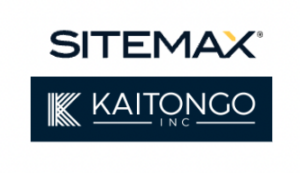 Sitemax (Incubator ‘25) received $25,000 in AWS credits, allowing them to re-allocate resources to hire a new Business Development Representative for their team.
Sitemax (Incubator ‘25) received $25,000 in AWS credits, allowing them to re-allocate resources to hire a new Business Development Representative for their team.
Kaitongo (Incubator ‘24) received $25,000 in AWS credits, allowing them to make product enhancements.
Take part in exclusive pitch competitions.
DMZ Incubator startups have the opportunity to participate in exclusive startup pitch competitions for the chance to showcase their business and secure grant funding. DMZ handed out $65,000 in grant funding to Incubator startups this summer.
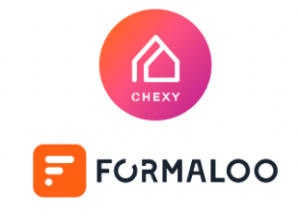 Chexy (Incubator ‘24) received $50,000 in funding, which helped them improve customer experience and expand their landlord offerings.
Chexy (Incubator ‘24) received $50,000 in funding, which helped them improve customer experience and expand their landlord offerings.
Formaloo (Incubator ‘24) received $15,000 in funding to support their continued expansion with the new release of Formaloo 3.0.
Subsidize your team’s wages.
Members of DMZ’s Incubator program get access to the Government of Canada’s Student Work Placement Program, which allows startups to subsidize student wages.

Lightster (Incubator ‘23) was able to subsidize $20,000 in wages, which covered 3 student placements, one of which did two terms.
Want to learn more about how DMZ’s Incubator can help your startup through coaching, mentorship, programming and benefits? Head to dmz.to/Incubator to learn more and apply today.





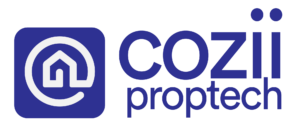


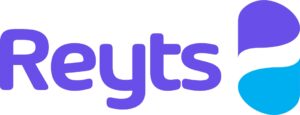


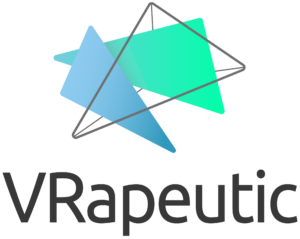
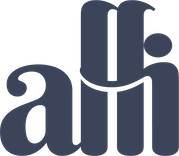 This week, we sat down with the Co-Founders of
This week, we sat down with the Co-Founders of 




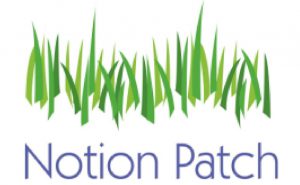
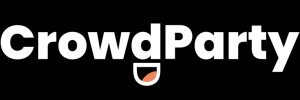

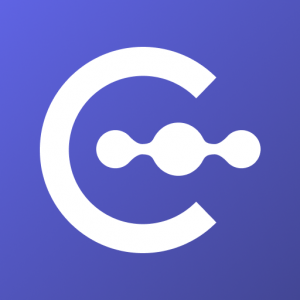

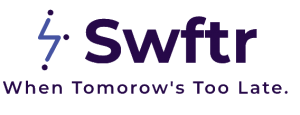







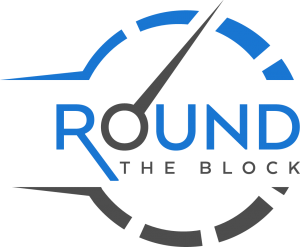
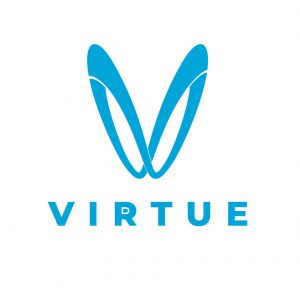


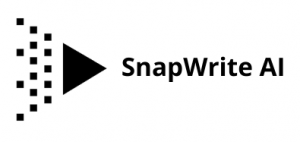


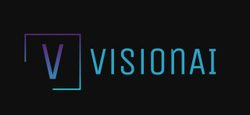
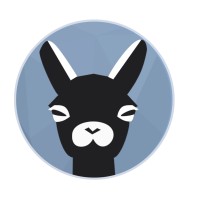

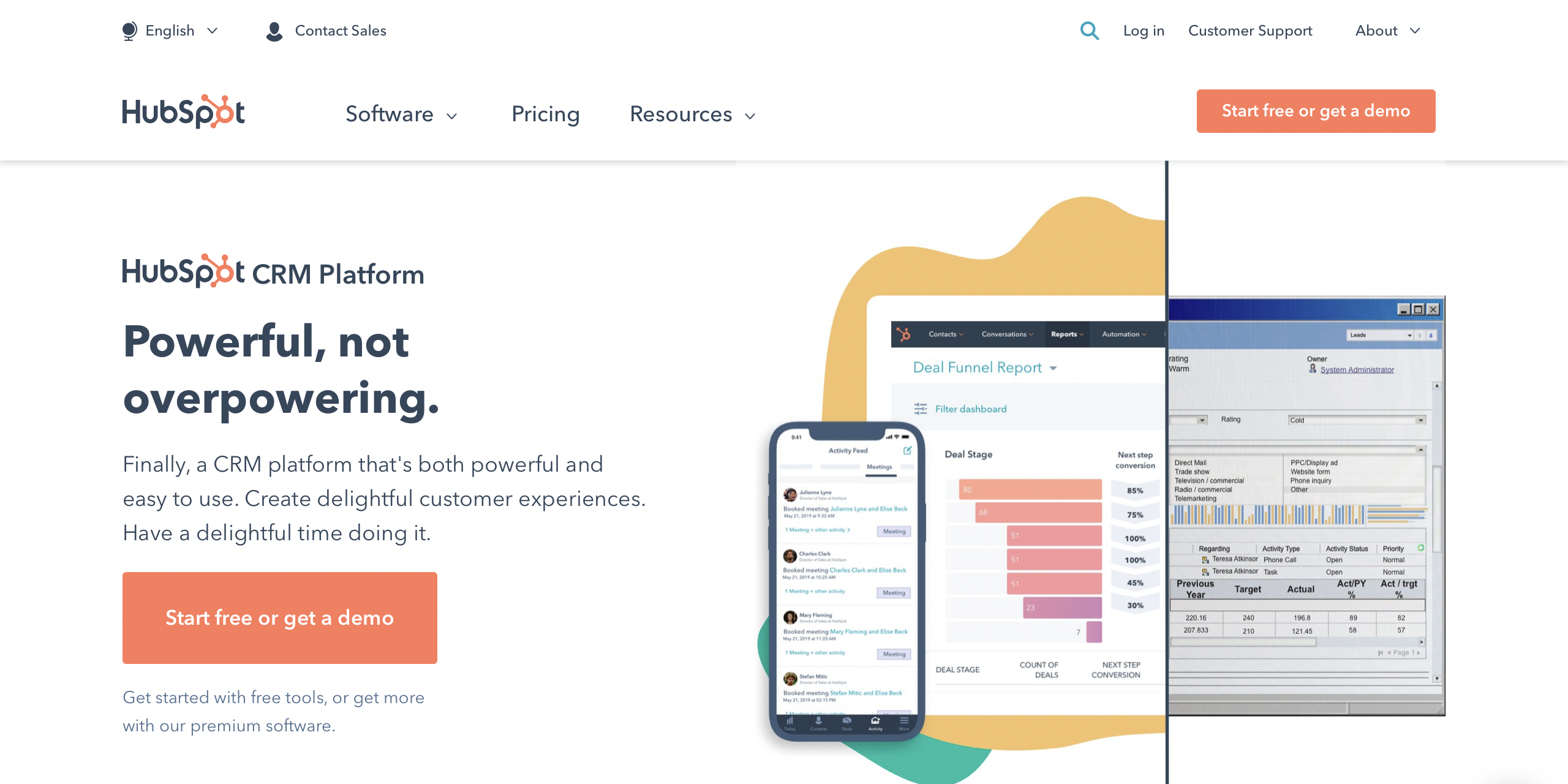

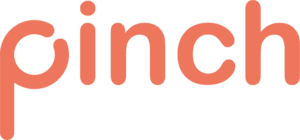 Why did you start Pinch?
Why did you start Pinch? Can you tell me more about Pinch’s time at the DMZ?
Can you tell me more about Pinch’s time at the DMZ?
 What’s next for Pinch?
What’s next for Pinch? Ashu, what are you most looking forward to in the future?
Ashu, what are you most looking forward to in the future?